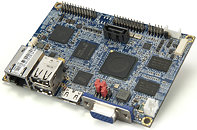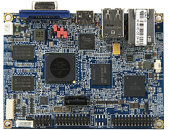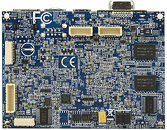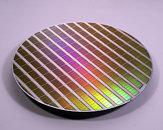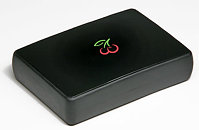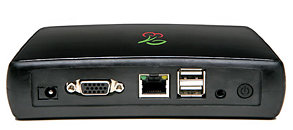
Cisco Appoints AMD President and CEO Dr. Lisa T. Su to Board of Directors
Cisco today announced the appointment of Dr. Lisa T. Su, AMD president and CEO, to its board of directors effective today. "Lisa is an accomplished business leader with deep expertise in the semiconductor industry," said Chuck Robbins, chairman and CEO, Cisco. "We look forward to her contributions to Cisco's board and our business as we continue to develop ground breaking technologies, and a new internet for the 5G era that will help our customers innovate faster than ever before."
Dr. Su, 50, joined AMD in 2012 and has held the position of President and Chief Executive Officer since October 2014. She also serves on AMD's Board of Directors. Previously, Dr. Su served as Senior Vice President and General Manager, Networking and Multimedia at Freescale Semiconductor, Inc., and was responsible for global strategy, marketing and engineering for the company's embedded communications and applications processor business. Dr. Su joined Freescale in 2007 as Chief Technology Officer, where she led the company's technology roadmap and research and development efforts.
Dr. Su, 50, joined AMD in 2012 and has held the position of President and Chief Executive Officer since October 2014. She also serves on AMD's Board of Directors. Previously, Dr. Su served as Senior Vice President and General Manager, Networking and Multimedia at Freescale Semiconductor, Inc., and was responsible for global strategy, marketing and engineering for the company's embedded communications and applications processor business. Dr. Su joined Freescale in 2007 as Chief Technology Officer, where she led the company's technology roadmap and research and development efforts.









